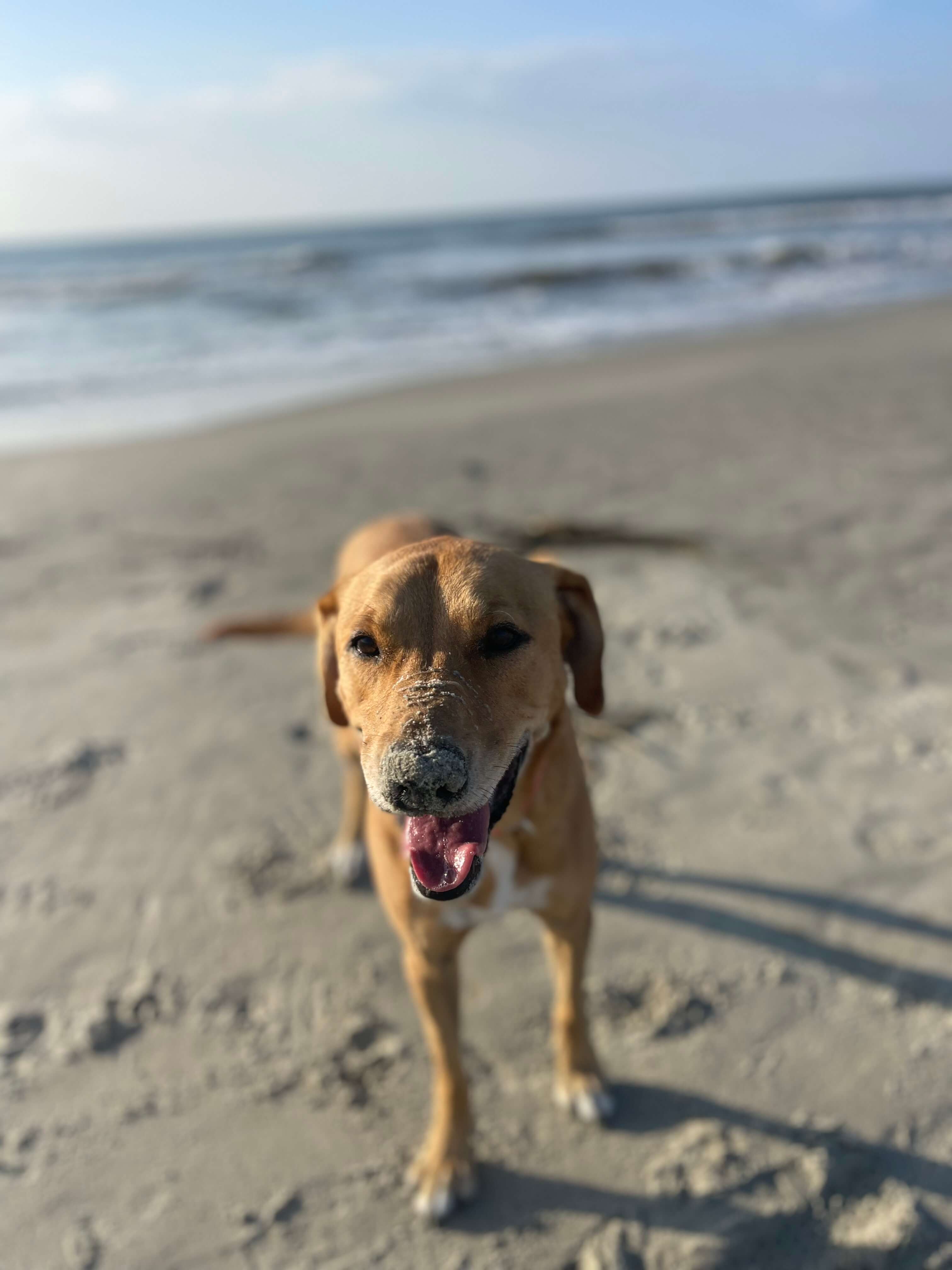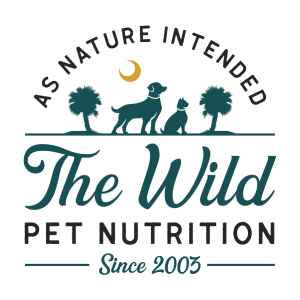Sunscreen for Dogs

Benefits of sunscreen for dogs
Like humans, dogs can become sunburned after prolonged exposure to the sun. Dogs with very short coats, thin coats, bald spots or light-colored skin and fur are especially susceptible. And while the bare bellies, ears and noses of many dogs can be prone to sunburn as well, dogs with black noses do not require sunscreen on their noses.
Although there are a host of sunscreen products for pets on the market, including many marketed as “natural” and “safe,” these products still contain ingredients that can be toxic to our pets after repeated exposure. In addition to absorption through the skin, dogs are highly likely to ingest some of these ingredients as they lick their coats.
The toxicity, or “hazard score,” of many of these ingredients can be found in the Environmental Working Group’s “Skin Deep” Database. A score of 0-2 is low hazard, 3-6 moderate, and 7-10 is considered a high hazard. Common ingredients include: Octonoxate (6) which can be a cause of skin allergies and potentially interfere with thyroid function; Oxybenzone (8) which “absorbs quickly and acts like estrogen in the body” (1) and which can also be a dermal allergen; Methyl Paraben (8) which is undesirable because“parabens mimic the hormone estrogen, and can potentially wreak havoc to the endocrine system” (2); Propylene Glycol (5) which “is a skin irritant and, with repeated exposure, an organ toxin” (1). Other undesirable ingredients include: DMDM Hydantoin (9), Benzophenone (8), Triethanolamine (7), and Imidurea (7).
However, there are natural ways to not only protect your pet from sun exposure, but to boost his own natural defenses to those rays. Limit your dog’s exposure to the sun, especially during the most intense heat of the day, between 11 am and 3 pm. Seek shade during playtime and on walks. Provide your pet a great, species-appropriate raw food diet. Rita Hogan explains, “Unprocessed meat contains higher amounts of the amino acid histidine, which helps the skin protect itself from molecular damage through the production of urocanic acid” (1). Finally, add in foods rich in antioxidants and carotenoids, like lycopene, which can increase the skin’s natural defenses against UV rays.
Some great sources of lycopene that are safe for your dogs are: Seedless watermelon, tomatoes (lycopene bioavailability is increased when cooked), purple cabbage, sweet red peppers, carrots, mangoes, papaya, and apricots. Other vegetables that are packed with antioxidants called carotenoids and which are beneficial for UV protection are: Spinach, kale, broccoli and collard greens.
Finally, there are safe and healthy natural oils that can be used for effective topical sun burn prevention. The two oils with the highest levels of SPF are Carrot Seed Oil, with an average SPF of 35, and Red Raspberry Oil, with an average SPF of 20. You can use these oils to create your own pet sunscreen that is both truly safe and truly natural. These ingredients are not only beneficial to the skin, but safe and healthy when your dog ingests them as well.
Dog Sunscreen Recipe from Dog’s Naturally Magazine
Ingredients: 1 oz. Unrefined Coconut Oil½ oz. Shea Butter1 oz. Olive Oil¼ oz. Red Raspberry Seed Oil¼ oz. Carrot Seed Oil (not essential oil)2 drops of Lavender or Roman Chamomile essential oil.
- Combine the Coconut Oil, Shea Butter, Olive Oil, Red Raspberry Seed Oil and Carrot Seed Oil in a slow cooker, and cook on low for 20 minutes.
- Add essential oils last and stir for 2 minutes. Cover and allow to cool.
- Put into a squeezable container. 4. It’s recommended to test for sensitivity on a small area on yourself and dog before applying oil to a larger area. (1)


